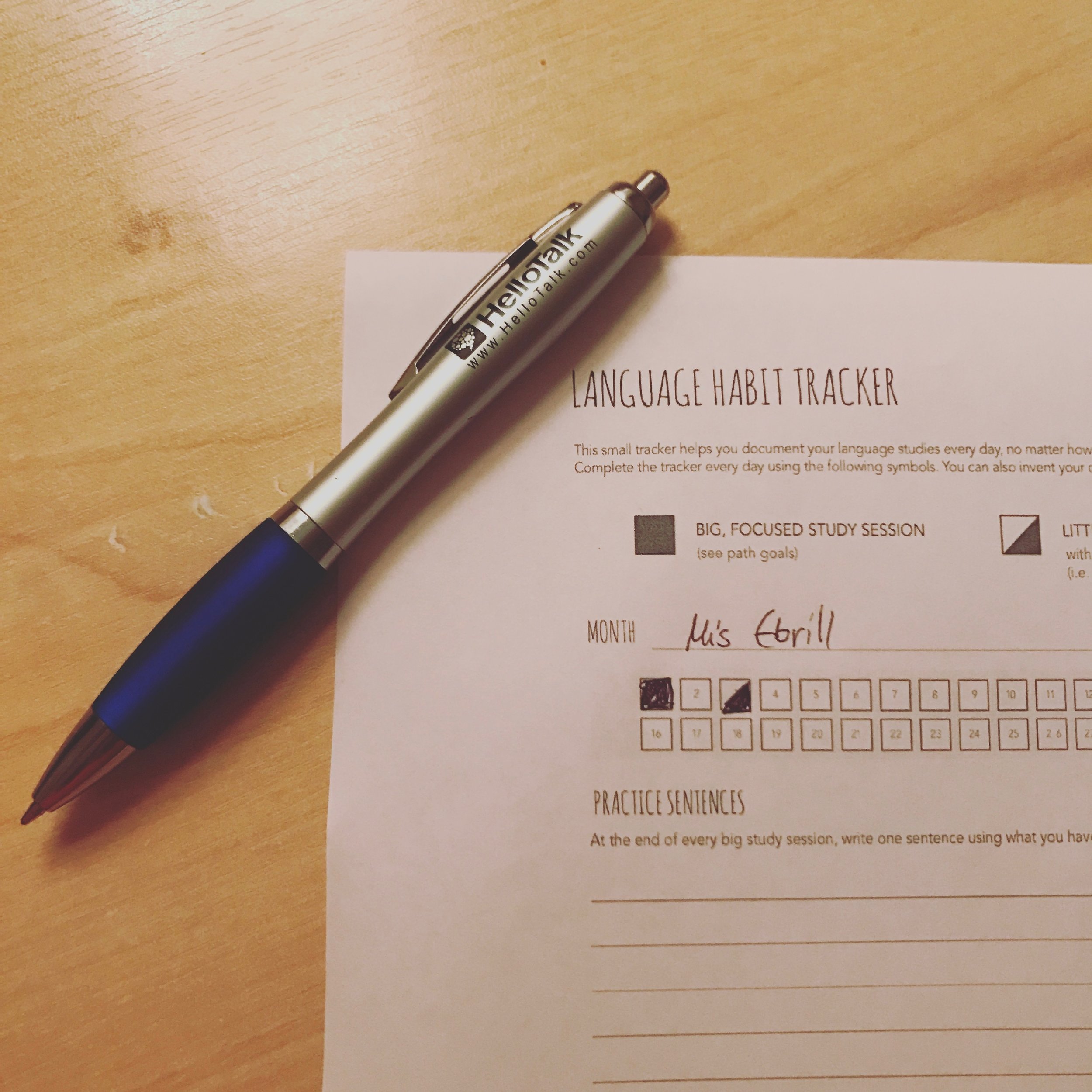Today's post is inspired by a recent episode of David Mansaray's "Language Is Culture" podcast. In Episode 12 of Language is Culture, we hear from computational linguist Judith Meyer - she's German, she loves languages and you can totally hear it in her voice!
Working with a language tutor is something I can recommend for any language learners, especially introverts, because you'll just get more out of the intense environment and focused attention.
Even if you have never worked 1-to-1 before, you can easily to use it as a booster, for example before an exam or as a quick refresher after a quiet spell.
But it's important to get the chemistry and expectations right from the start, so take account of the following key points.
First Conversation with Your Language Tutor
If you are looking for a tutor that works specifically on your goals, then it's much more important to have a clear conversation at the start. The experienced tutors will know what
Some questions I like asking my new students are:
- Do you want to work with a specific resource only, and do you want me to buy it too?
- Are you aiming for a specific skill like reading literature, applying for jobs or doing small talk?
- Are you working towards an exam or moving date?
- Is your goal about a feeling (confidence, comfort, encouragement?) or about hard data (vocab, grammar?)?
And here is what you should ask them:
- How long and how frequent are your lessons, and what is the pricing structure?
- Have you worked with my type of situation before?
- What kind of lesson structure would you suggest for my situation?
- What's your approach - strict or relaxed, friendly or formal?
You should know what kind of answer you want to hear, so make sure you have made some notes before the first conversation.
My Perspective
My own style, for example, is very friendly and I like to build up a supportive relationship with my students. If you were looking for a sober teacher, my lessons might not meet your expectations!
How To Use a Language Tutor
Judith's interview is focused on how learners get the most out of working with a language tutor. Here is her theory:
Any 1 to 1 language lesson should be led by either the tutor or the student, so an inexperienced learner should look for an experienced tutor and vice versa.
I thought about this point for a bit, and I do agree. The dynamic between me and my students can be very different depending on how experienced they are at language learning. When a student knows very definitely what they want out of the lessons, I often find that they're less keen to react to my input - it's not a lazier lesson for me, as I then take a role of watching out for errors, prompting the conversation and supporting through extra challenges. With a student who is new to language learning, I am more likely to direct the lesson in many ways and set the topics myself.
A good tutor is sensitive to what the student expects, and able to make adjustments to the teaching style that meet those expectations.
My Perspective
My favourite people are new to tutoring and often they're studying their first foreign language. In those cases, my students are often happy to experiment. They just love a challenge, so we can enjoy the variety that I bring to our lessons and just focus on having fun along with the more complicated parts. As someone with a love of coaching, I like providing those extra services of improving learning methods, finding new exercises and encouraging them along the way.



